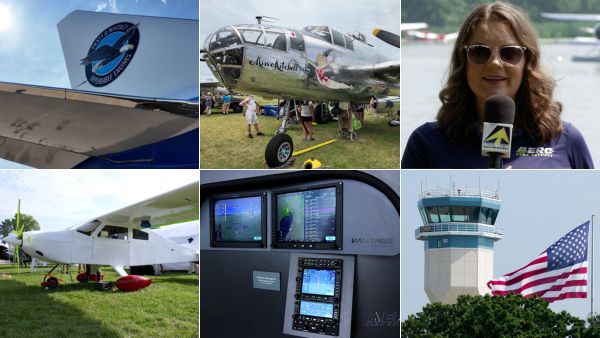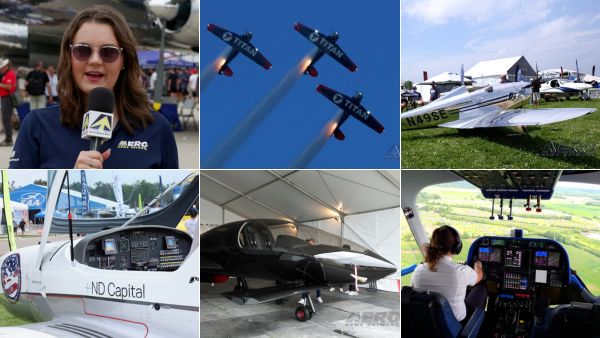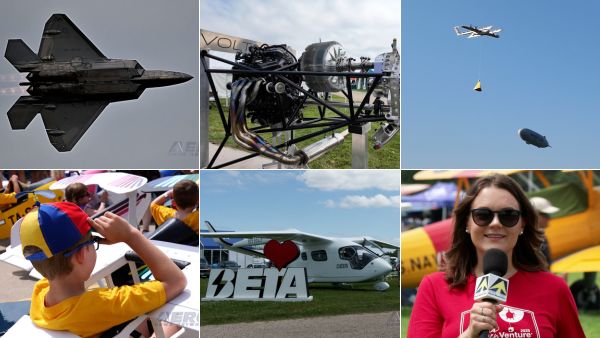Thu, Jul 26, 2012
NASA Conducts Mission Simulations in Hawaii
NASA is conducting a nine-day field test starting Tuesday outside Hilo, Hawaii, to evaluate new exploration techniques for the surface of the moon. These mission simulations, known as analog missions, are performed at extreme and often remote Earth locations to prepare for robotic and human missions to extraterrestrial destinations.

The In-Situ Resource Utilization (ISRU) analog mission is a collaboration of NASA partners, primarily the Canadian Space Agency (CSA), with help from the Pacific International Space Center for Exploration Systems (PISCES).
The ISRU analog mission will demonstrate techniques to prospect for lunar ice. The testing site near Hilo features lava-covered mountain soil similar to the ancient volcanic plains on the moon. The two main tests under way are the Regolith and Environment Science and Oxygen and Lunar Volatile Extraction (RESOLVE) and Moon Mars Analog Mission Activities (MMAMA).
The demonstration includes CSA's Artemis Jr. rover and a drill. These devices support the NASA RESOLVE payload. RESOLVE is designed to prospect for water, ice and other lunar resources. It also will demonstrate how future explorers can take advantage of resources at potential landing sites. The rover and its onboard instrumentation are about as tall as a human and weigh about 660 pounds, three times heavier than the equipment that would be used on an actual mission.
MMAMA is a group of small projects and tests that will define the requirements for navigation, mobility, communications, sample processing, curating and other critical elements that could be used in future science and exploration missions. Using another CSA rover, Juno, and payload interfaces, the MMAMA suite of tests includes analysis of regolith using pyrolysis (which is breaking down the samples by heating them), robotic resource mapping, a miniaturized Mossbauer spectrometer, and a combined miniaturized Mossbauer and X-Ray fluorescence spectrometer. A team of engineers and researchers will monitor all of the tests from a mission control set up in Hawaii.
Lessons learned from the ISRU project will become increasingly important as NASA embarks on deep-space missions. Instead of having to launch from Earth with all the supplies needed, a human crew could go into space knowing that natural resources already are waiting for them.
More News
Also: Pratt & Whitney 747SP, Gratia Aero, Robinson/MagniX, Jack Pelton Part5 The Avidyne Vantage 12 is finally certified and will shortly be shipping out so that aging Cirrus a>[...]
Aero Linx: Army Aviation Medicine Association (AAVMA) The Society of US Army Flight Surgeons (SoUSAFS) serves to advance the science and art of Aerospace Medicine and its allied sc>[...]
Witnesses Reported That They Heard A Loss Of Engine Power Analysis: Witnesses reported that the airplane departed from runway 35 after a successful runup. During the initial climb,>[...]
Radio Magnetic Indicator An aircraft navigational instrument coupled with a gyro compass or similar compass that indicates the direction of a selected NAVAID and indicates bearing >[...]
"After exiting, I had a vague recollection of what just happened…and a much clearer view of how quickly hypoxia can sneak up. Sign-ups for PROTE are open each day of AirVent>[...]
 OSH25 Day 5 Redux: Avidyne Vantage 12, Is Fly-Inn An AeroBnB?, B25 Miss Mitchell
OSH25 Day 5 Redux: Avidyne Vantage 12, Is Fly-Inn An AeroBnB?, B25 Miss Mitchell ANN's Daily Aero-Linx (07.29.25)
ANN's Daily Aero-Linx (07.29.25) NTSB Final Report: Curtiss Wright P-40E
NTSB Final Report: Curtiss Wright P-40E ANN's Daily Aero-Term (07.29.25): Radio Magnetic Indicator
ANN's Daily Aero-Term (07.29.25): Radio Magnetic Indicator Aero-News: Quote of the Day (07.29.25)
Aero-News: Quote of the Day (07.29.25)



